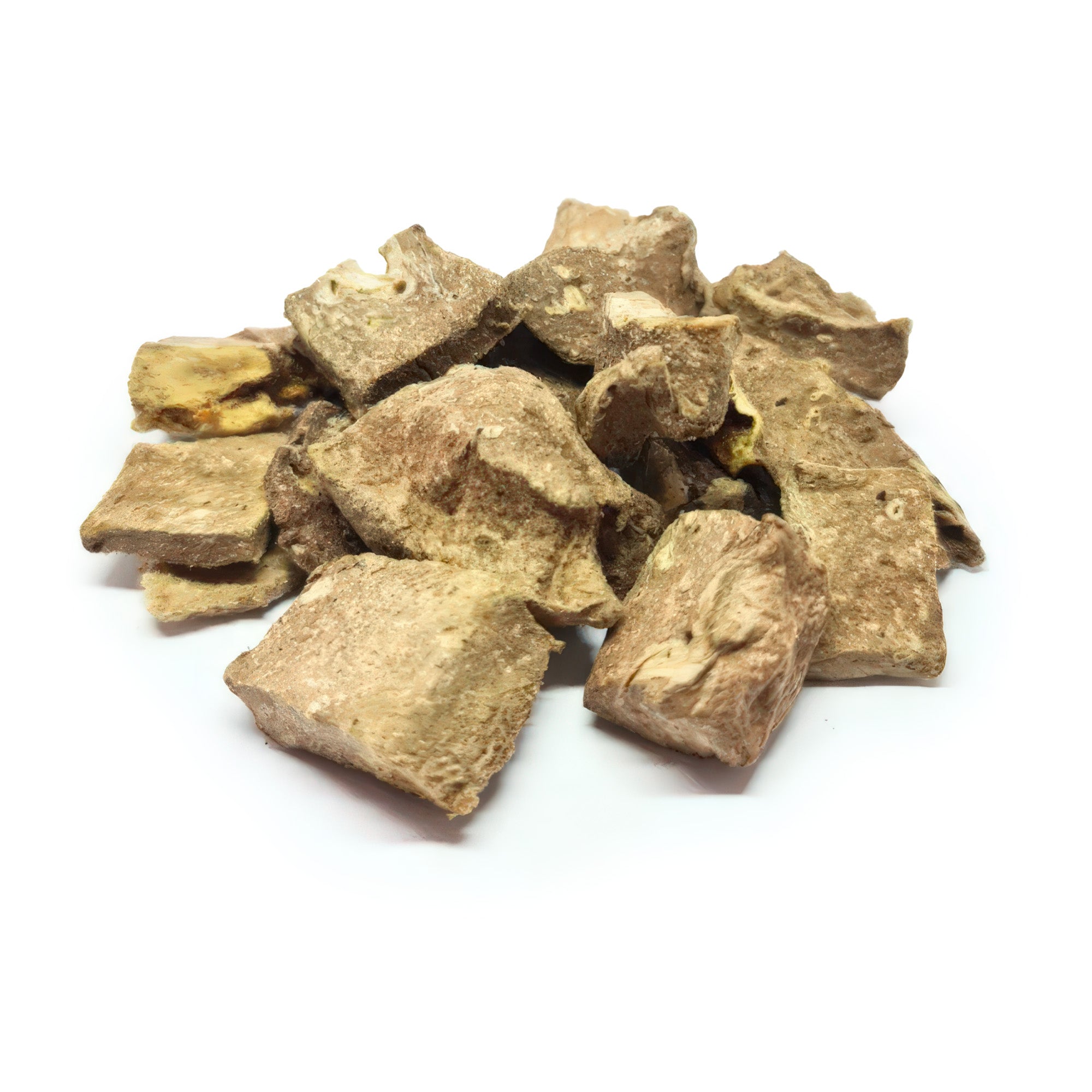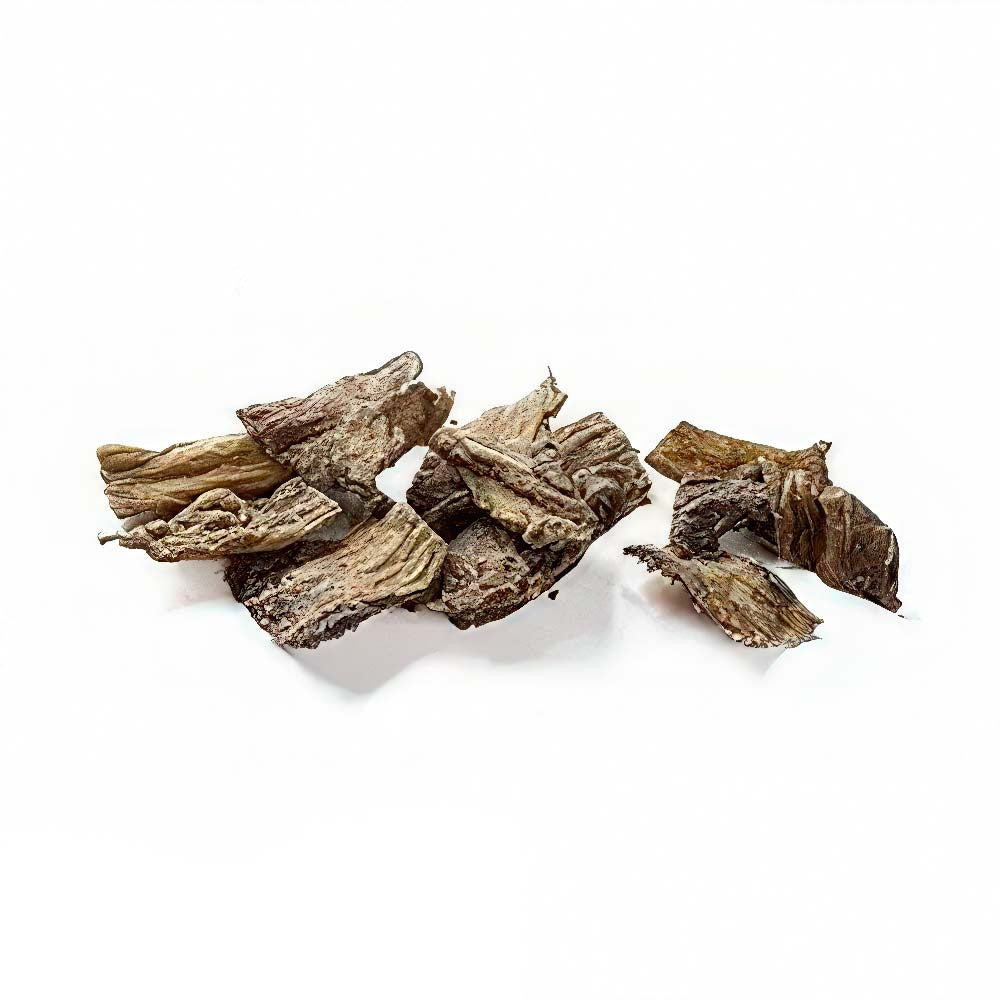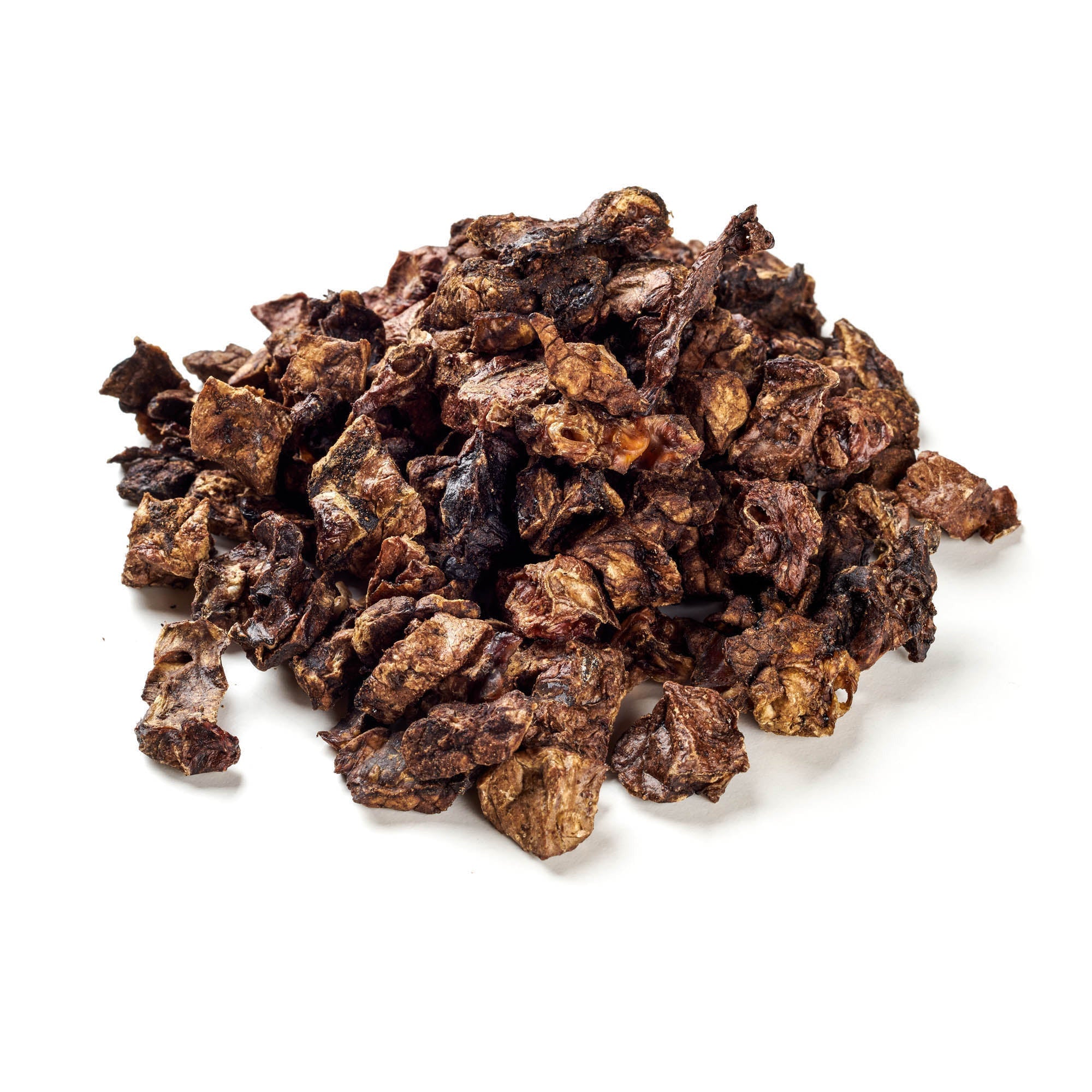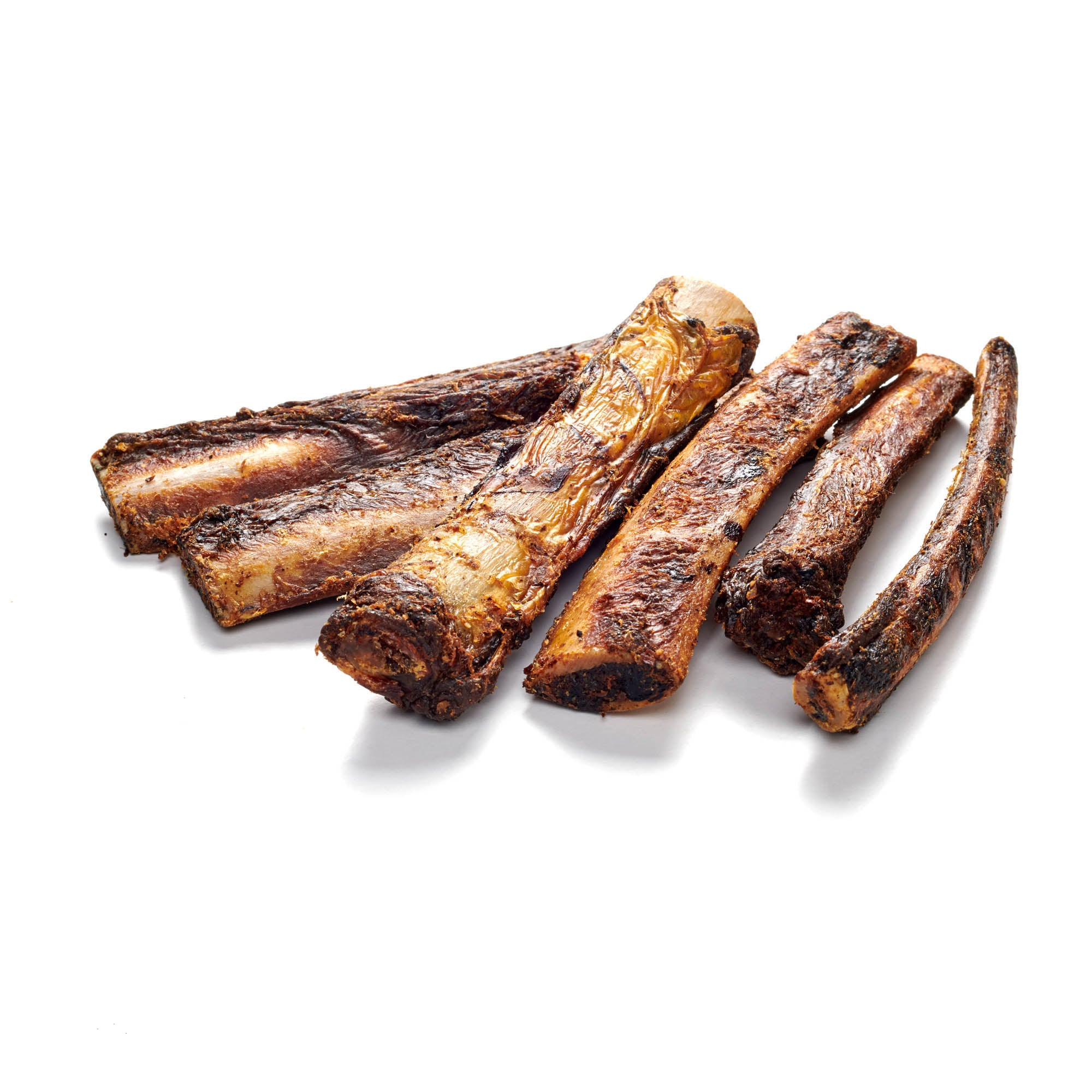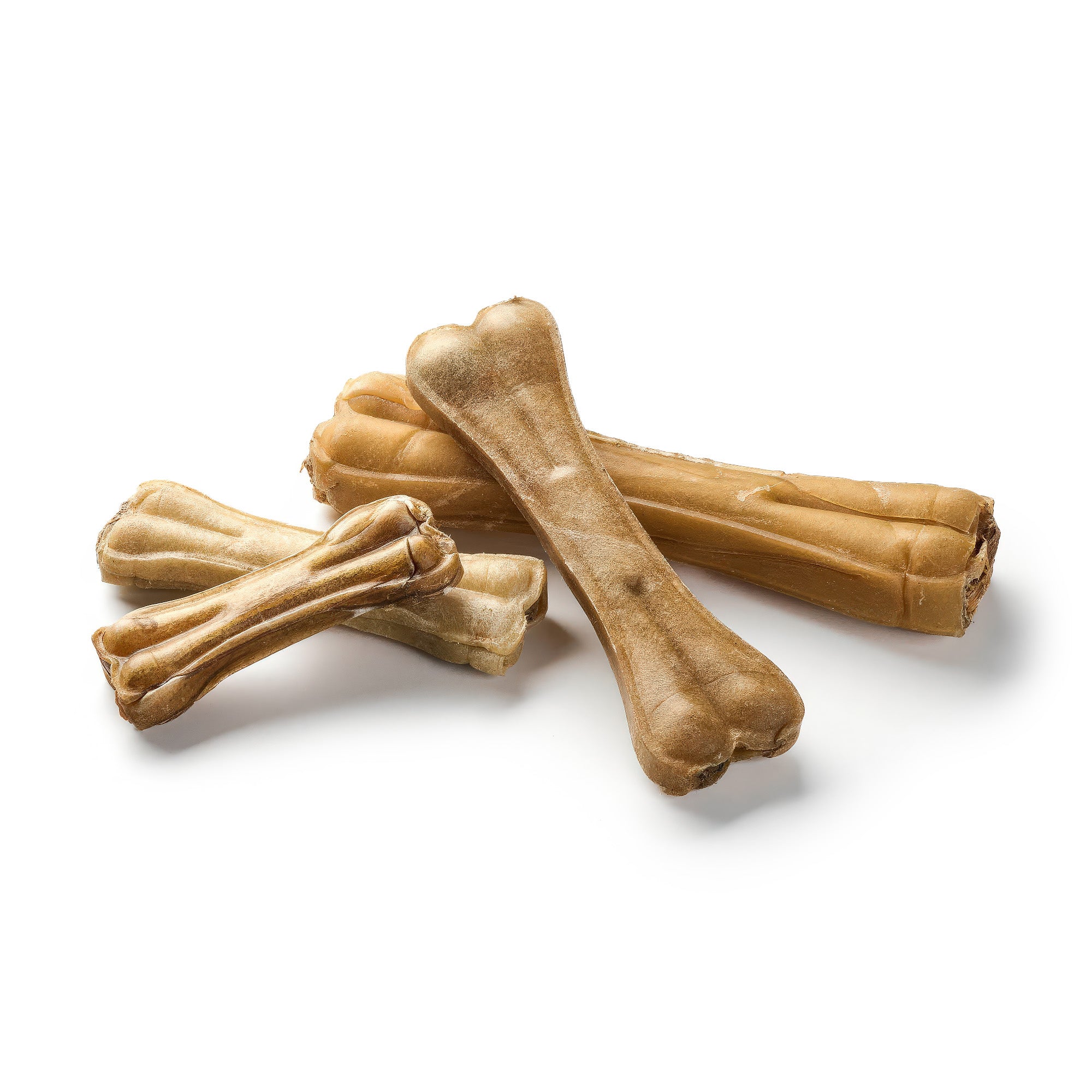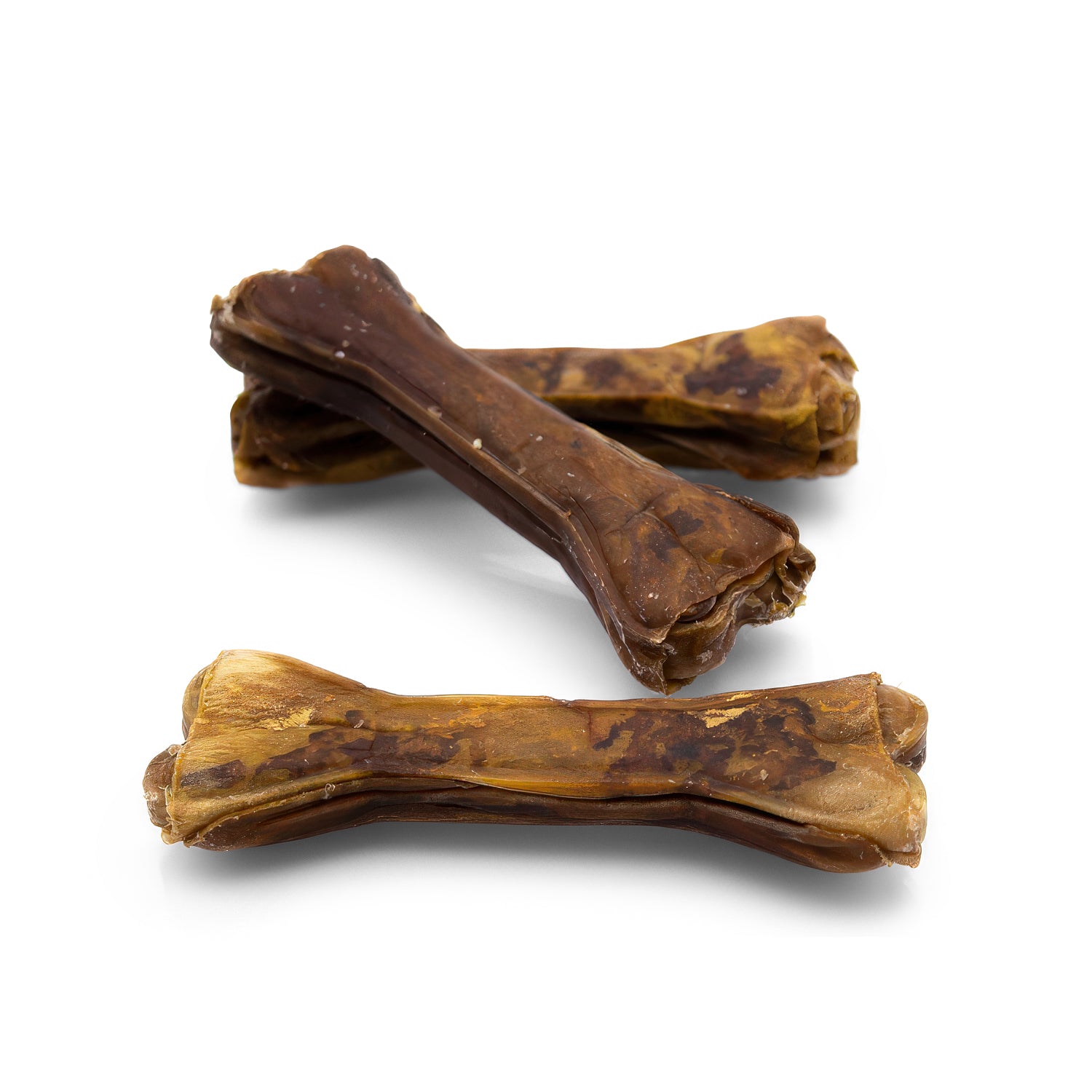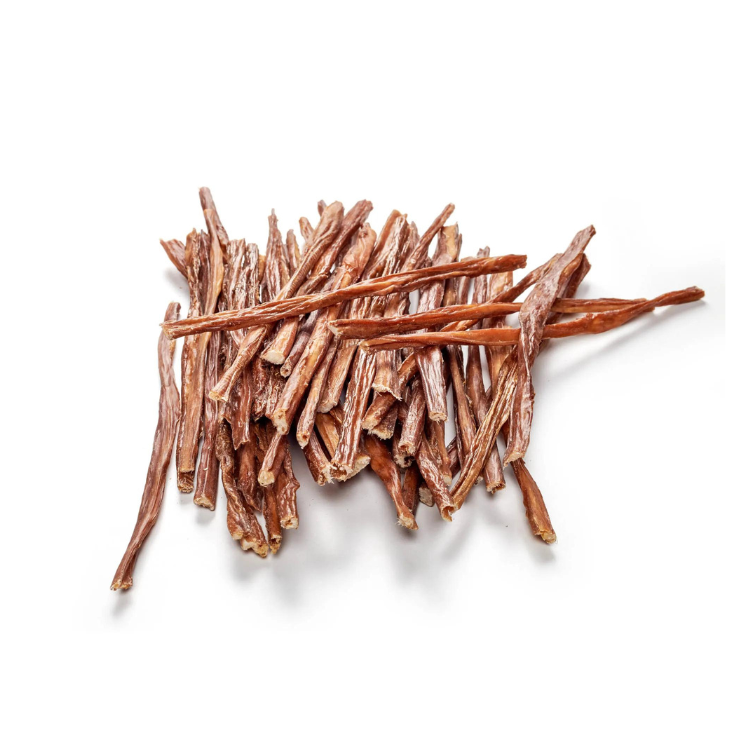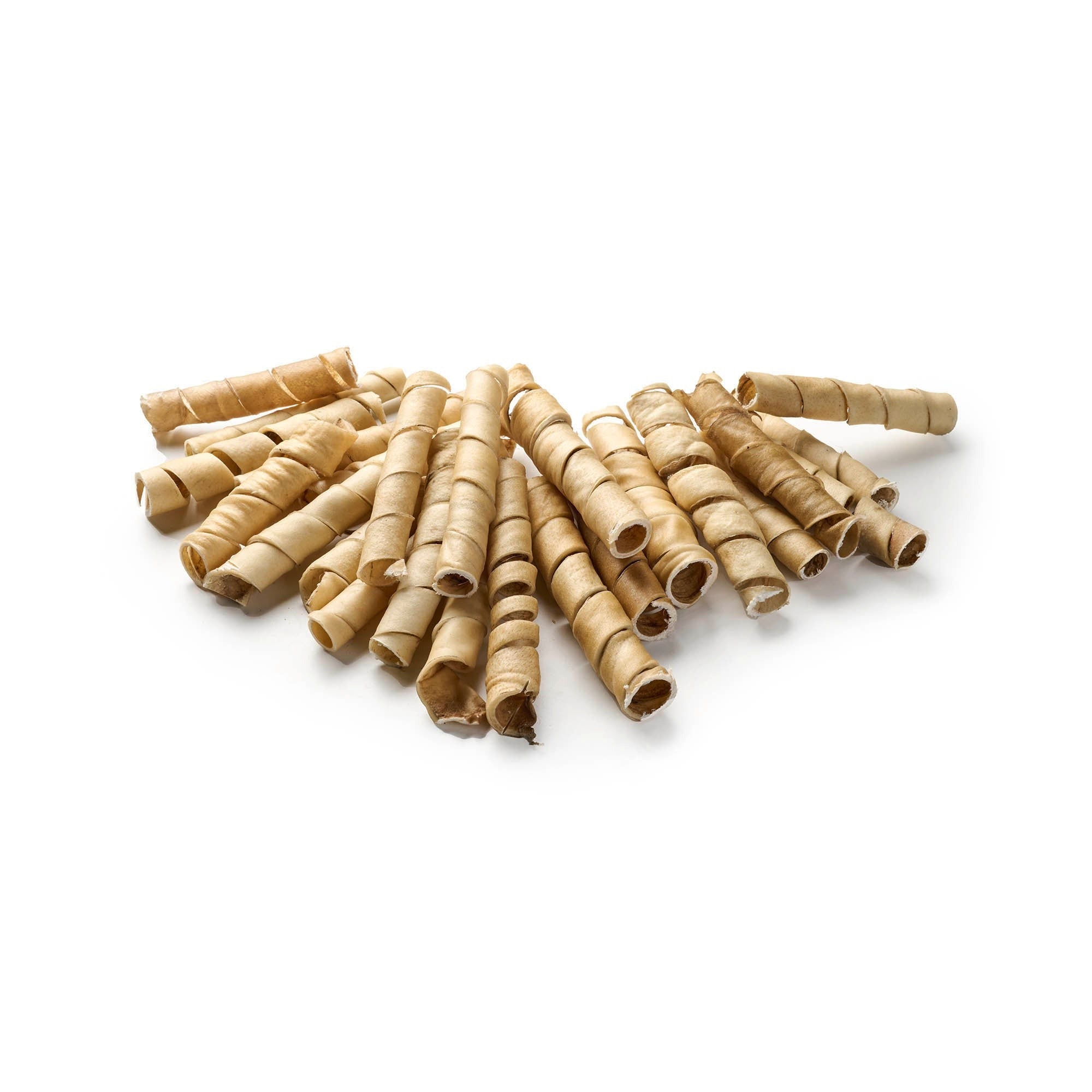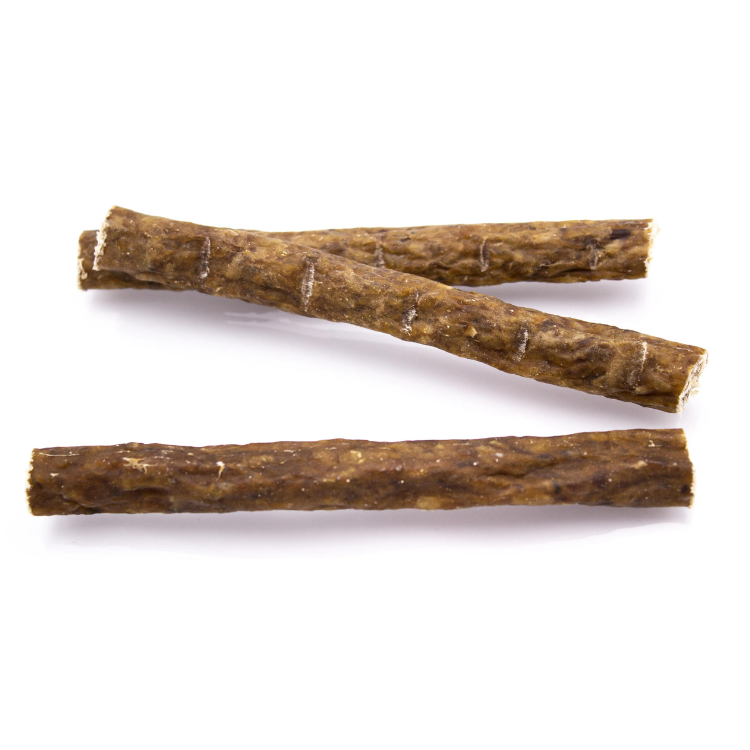
Getting puppies house trained - what you can do
Share
The first days and weeks with a puppy are characterized by curious explorations, boisterous play and lots of little naps. Your home becomes a paradise of discovery for the little four-legged friend, and while you are happy about every new step your dog takes, one task is at the top of the list: house training.
House training is a journey that requires patience, consistency and a lot of love. It's about showing your puppy where he's allowed to do his business and providing him with the support he needs when something goes wrong.
Content: Getting puppies house trained
- How do I house train my puppy?
- House training from the beginning
- Getting puppies house trained
- Regularly outside the door
- Stay patient
- When is the puppy house trained?
- It is winter and it is night
- Rituals help
- Puppy toilet: useful or nonsense?
- Suddenly no longer house trained
- Conclusion
First-class dog chews for happy sniffing noses available here!
How do I house train my puppy?
When a puppy moves in, you're in for an exciting time. Although the cute four-legged friend will sleep a lot in the next few weeks, he will otherwise happily explore his new surroundings, play and, of course, eat.
Your job will be to accompany the little guy on his tours of discovery through his home and on walks, to show him what he is allowed to do and what is not allowed.
The first few months in particular shape the dog for its entire life. That's why it's important to build trust, give it guidance and train it with a lot of calm and patience.
House training from the beginning
The first thing every puppy has to learn is of course not to empty its bladder and bowels randomly anywhere in the house. But how do I house train my puppy?
It is best to set up a fenced-off area for the dog in the apartment with a floor covering where an accident is not a drama.
Newspaper or tissue paper laid out on the floor will help to remove small puddles. The young dog will instinctively keep his basket, or better yet, his crate, clean.
This is a place where the puppy can relax. This also has the advantage that you can leave him alone for a short time without supervision.
Here he is safe and if something goes wrong, it doesn't matter.
A puppy needs to go out every 1.5 to 2 hours
But how do I get my puppy house trained? First of all, you need to know that a puppy naturally only has a small bladder and its digestive system is not yet fully developed.
That's why puppies under three months old need to go outside every 1.5 to 2 hours. Up until the fourth month, the interval increases to every three hours, and in the fifth and sixth months of life, it increases to approximately every four hours.
At night, the intervals are a little longer. However, these are only rough guidelines that can be useful when house training.
Regularly outside the door
It is important to take your puppy outside regularly. Both puppies and adult dogs need to go out regularly .
In addition, you need to keep a close eye on him. When you should take your puppy outside:
- If he restlessly sniffs the ground and turns in circles
- After waking up, playing and eating
Important in dog training is always:
Praise when the dog has done something well!
And this is especially true when it comes to house training. Only if you praise the dog a lot after he has done his business will he understand what you want from him.
You can reinforce dog training with a clicker . However, clicker training needs to be learned by the owner. This requires even more timing.
If something goes wrong in the house, you have to stay calm and relaxed. Scolding won't help, because the dog doesn't speak our language and a harsh tone will only unsettle him.
Stay patient
A three-month-old puppy has a bowel movement about six to eight times a day. Later on, depending on the food, this decreases; with protein-rich, easily digestible food, it may only be once a day.
While an adult dog usually does its business quickly, it can take a while for a puppy. You must not lose patience. No matter how bad the weather is, you may be completely exhausted and tired:
It's not the dog's fault and he doesn't intentionally take so long.
It makes sense to go to the same place every time you want your dog to defecate. If he does it in that spot, he should be praised profusely.
But be careful: you only have three seconds to do this, after which he will no longer associate the praise with the triggering event. So keep the dog treats handy in your pocket.
If you have to search for a long time, it's too late! This also applies to praise with the clicker. And that is also its biggest disadvantage, you have to keep the modern clicker in your hand during the entire training period and that quickly makes it annoying!
Make your dog happy with our delicious snacks!
When is the puppy house trained?
Of course, you are interested in getting your puppy house trained as quickly as possible. It takes time for a puppy to be house trained, and no tips or tricks will help, regardless of the breed of dog.
On the one hand, because puppies' digestive organs simply do not function perfectly yet, and on the other hand, it depends on the owners' consistency. If you take him out regularly from the start, wait patiently until he has done his business and then praise him profusely, the problem can be solved in 3 months.
But it can also take 6 months. This depends not least on your ability to react. The more often you manage to take the dog outside in time, the quicker he will understand. Of course, this is difficult if you work. That's why you should take a vacation in the beginning and concentrate fully on the puppy.
Once the vacation is over, it can be useful to find someone to look after the dog. Training the dog until he can stay home alone is no less time-consuming. But you probably thought about that before you decided to get a dog.
It is winter and it is night
Bringing a puppy into your home in the middle of winter can be inconvenient if you have to take the dog outside every two hours, even at night.
But that's no use, the rules for house training also apply in winter and at night. You just shouldn't take the puppy on a long walk during this time.
Pick him up, carry him to "his place" and wait. If he doesn't do his business within three minutes, take him back inside. But keep your coat on and keep an eye on the dog. He has to. If he shows the first signs, you have to act quickly. In this context, it becomes clear how important it is for your dog to have a "fixed place to do his business".
Dogs learn based on location, so on the first day they think about where the best place would be - for both dog and owner! Because it shouldn't take too long to get to the place, especially in bad weather and at night.
Rituals help
Puppies need to go less often at night. That's the good news. And experience shows that with rituals you can slowly but surely extend the time between doing the business.
For example, food is reliably given at 7 p.m. At 10 p.m. there is a final walk and then it's off to sleep.
A dog crate can be very useful here. After the last trip outside, the dog goes into the crate.
If it is near your bed, you can hear when your little one gets restless in the night. Clothes, shoes and front door keys are ready so that the nightly trip to the door can be kept as short as possible.
The dog learns that the night is for sleeping and not for walking or even playing.
Puppy toilet: useful or nonsense?
Now, not everyone has the opportunity to let their dog relieve itself in the garden or on a tree in front of the front door. If you live on the third floor of an apartment building, you might want a litter box for your dog. In fact, these have been around for a long time.
However, you should be aware of the unpleasant smell and the high cleaning effort involved in using a dog toilet. If your dog is sick, a dog toilet like this can be a good solution.
However, if the dog is healthy, it must learn to do its business outside and you should therefore consistently train it to be house-trained. After all, walks with the adult dog later on are not just for the purpose of letting it relieve itself.
The walks together are the highlight of the day, promise adventure and play and make life with a dog so much more enjoyable. The fact that the dog also passes stool and empties its bladder happens almost incidentally.
A puppy toilet may seem tempting at first glance during the winter months and at night, but ultimately it only delays house training.
Suddenly no longer house trained
If a dog was already house trained and suddenly starts doing its business in the house again, there can be many reasons for this.
First of all, you should visit the vet to rule out an organic cause. If the dog is healthy, changes in its environment could be the reason for uncleanliness.
If the dog has to stay alone because you are going back to work, he may suffer from abandonment anxiety. But he may also demand more attention.
Because negative attention is still attention. So don't scold or punish your dog if he does something in the house. That would only make the problem worse.
If no cause can be found, it helps to start training from the beginning.
Conclusion
The only way to house train your dog is through consistency and patience. He must be taken to the same, carefully chosen place at set times and after waking up, playing and eating, where he can and is allowed to relieve himself undisturbed.
With calmness, patience, lots of praise and a tasty treat, every dog will quickly understand what you want from him. And that doesn't just apply to house training.
Enjoy moments together with our delicious dog chews!

